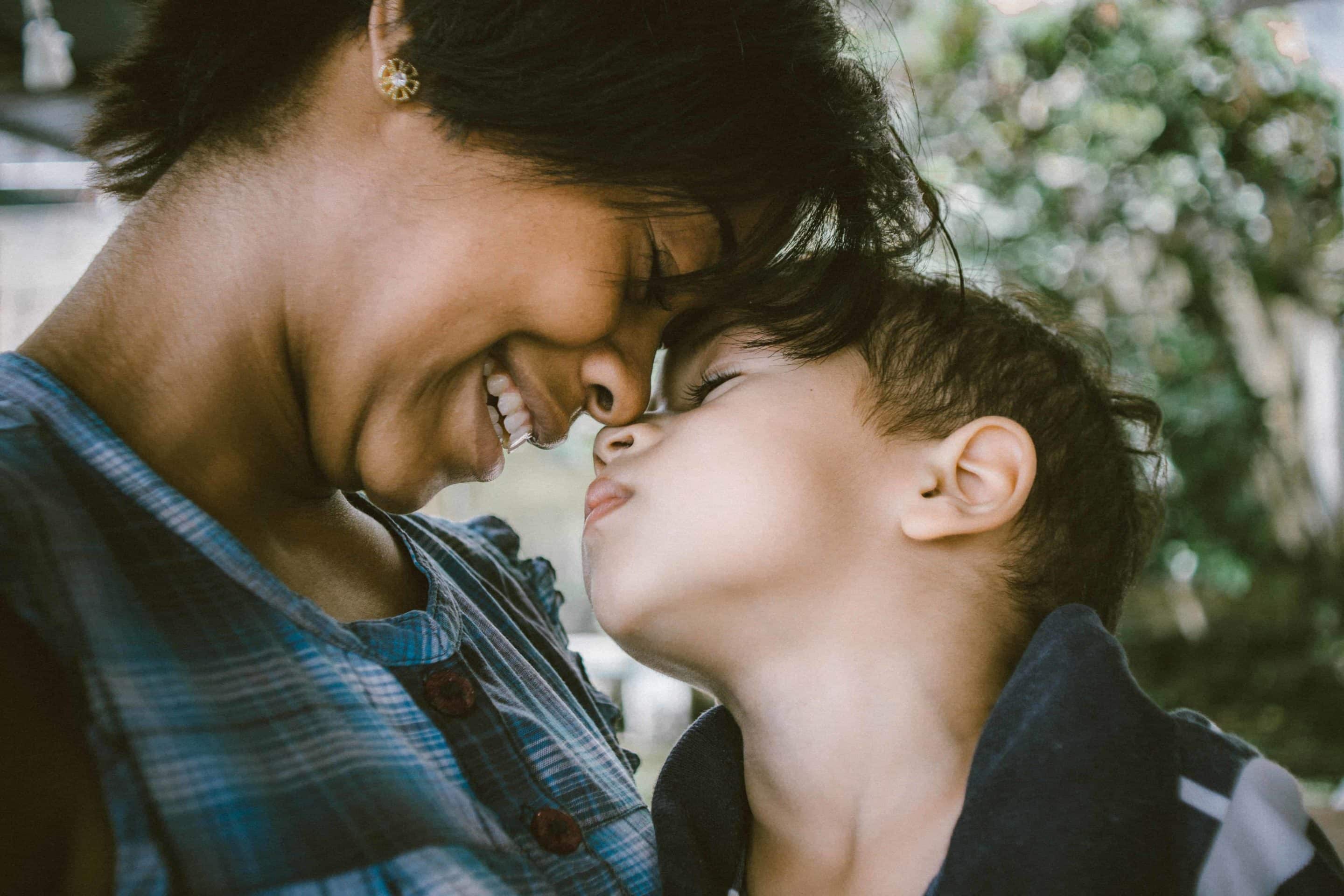
Carer and Therapy Support or Au Pair – What’s the Difference?
Families who are looking for care for children/teens with special needs are often faced with the choice of a support worker or a nanny/au pair.
Nannies and au pairs are excellent choices for families without children with special needs but the majority of au pairs and nannies do not have experience working with children with special needs, meaning the training required to get them up and running is much higher as is the risk of the placement ending prematurely.
Support workers have a high turnover rate and you will rarely be lucky enough to have one stay with you long term as we discussed here.
Professional carers and therapy supports are very new to the Australian market and are often confused with an au pair.
Motivation for coming to Australia
A traditional au pair is generally motivated by seeing Australia and travel, they work as an au pair to ensure they are able to earn some money while they are here to support themselves while they are abroad. During their time with your family they will care for your children and work with you to support them, alongside some light housekeeping. An au pair is a fantastic option for families without special needs children and there are great agencies that provide au pairs that have been vetted through their recruitment and screening teams.
Apex care professionals are motivated by the therapy experience they will gain during their stay with your family. They want to work as an extended part of your child/rens therapy team and learn the programs that are currently in place. They are also there to work with you to ensure that therapy work is continued in the home and can offer advice and suggestions on therapy techniques that may be helpful for your child.
Age
Apex care professionals are generally in their twenties, generally ranging from 21 to 27. They are generally more mature than a standard au pair and have the capability to be more independent.
Au pairs generally are young people that are fresh out of school, looking to work and travel during their gap year. Being younger can sometimes mean that they require more support during their stay.
Of course, I’ve met 18 year olds that are very mature and independent and 30 year olds who are not. Age is not a deciding factor but something that our families often comment on as a positive.
Qualifications
Au pairs may or may not be qualified childcare workers and educators, the qualification pool is quite open, generally with emphasis in recruitment being placed on experience caring for children (which is important!)
Apex care professionals have completed degrees in fields such as occupational therapists, physical therapists, speech therapists and special needs care providers. This education and the experience gained through placements required to graduate mean that they already have a strong understanding of working with people that have disabilities.
Experience
A general au pair will have experience in childcare, the required hours will vary based on what agency they are recruited through. These agencies confirm their hours of experience and check references to ensure they are competent childcare workers. It is very rare to find an au pair that has special needs experience.
Apex care professionals have on average 1,200 hours of experience working with children with special needs, this can vary depending on the carer. They chose to build their careers in working with people that have special needs and are driven by helping them achieve their goals.
Most of our Australian care professionals have completed our sister program in America prior to searching for an Australian family to work with, this gives them 1-2 years of extra experience and English practice.
At Apex Professional Exchange, we screen for all of these factors (and many more) in our recruitment process, working closely with our teams in America and Germany to ensure we only have the best candidates coming into our Australian program.
Our care professionals attitudes and motivators are the biggest indicator of their success working with a family, that’s why we focus on finding carers that are motivated to work with a family as an extended part of their child/rens therapy and support team and work closely with the family to ensure they are working towards the goals that matter to them and their child/ren’s development.
The impact that our care professionals make in a families life is astounding, they let the parents hand over the therapy role and just be parents again. By having therapy become a part of daily life for their child, they see them reaching their goals at a faster rate.
If you would like to talk more about having a care professional join your family and implement therapy into day to day life, click here or call us on 1800 854 262.

